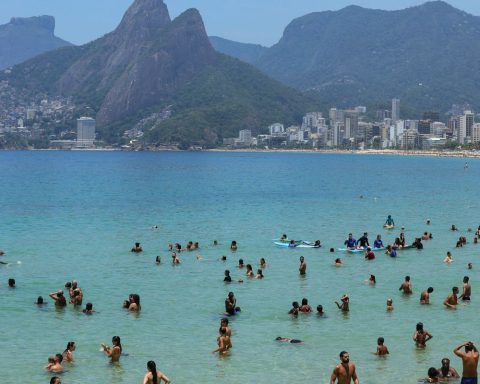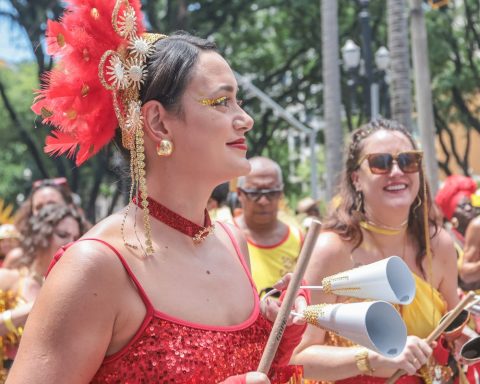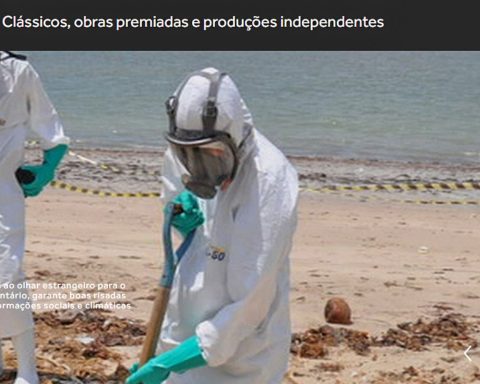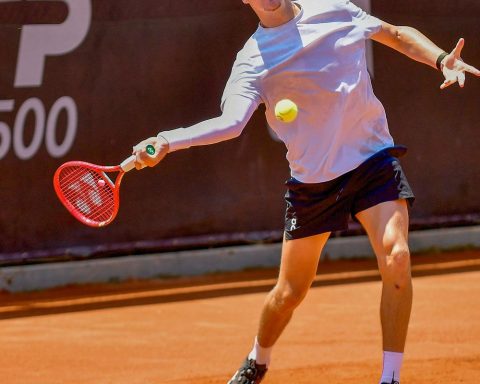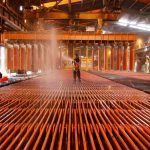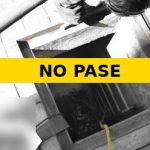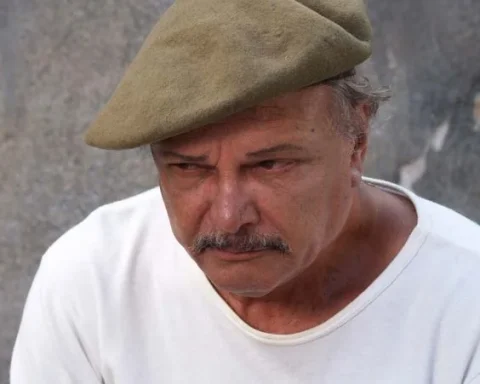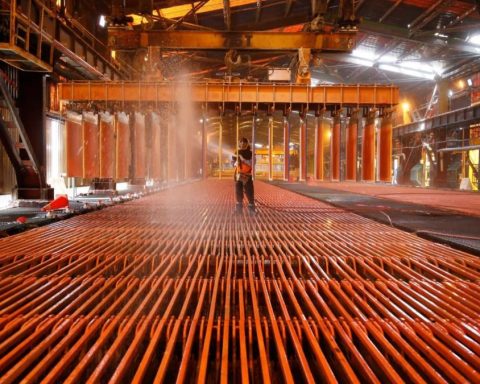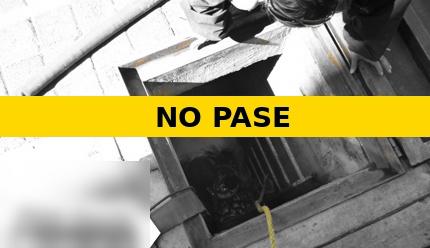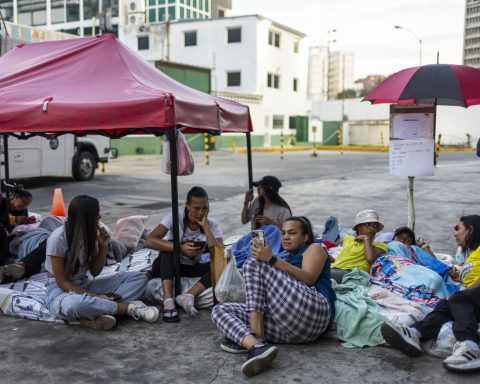Almost four days after the storm that caused an ever-increasing number of victims, the streets of Petrópolis are still the scene of the destruction caused by the force of the water that toppled hillsides, increased the level of rivers and invaded homes and shops.
In addition to the mud and damage caused by the storm, however, the efforts of volunteers who carry water, food and hygiene items to support points set up in different parts of the city can also be seen everywhere.
Donations arrive in private cars, trucks, buses, vans and pickup trucks, which travel through the city in the mountain region in search of shelters or points of distribution of basic food baskets.
The fleet includes cars from public agencies, private associations, churches and non-governmental organizations, which count on the help of residents to unload mineral water crates, baskets of non-perishable food, clothes and other basic necessities.
The president of the Residents Association of the 24 de Maio Community, retired Odete da Silva, 65, says that she received a donation of water from her former employer, who lives in Rio de Janeiro.
When faced with the needs of her community, she started to publicize the items for donations, and the quantity that arrived was so great that it was necessary to organize a point of support.
“The daycare gave me two rooms, and then it grew. Thank God, we are here with a wonderful nucleus, set up by me and my community”, says she, who receives donations at Colégio Municipalizado Augusto Meschick.
“Our donations are being destined for the residents of Rua Nova, Rua 24 de Maio and Rua Primeiro de Maio. But if any other community is in need, come here”, said Odete.
The 24 de Maio community was on alert again yesterday, when sirens again sounded with the rain that continues to fall in the city. Odete demands that technicians inspect the homes of residents, because many are afraid and do not know whether or not to leave their homes.
While granting the interview, Odete followed the arrival of more donations, sent by the Central Única das Favelas (Cufa). Starting from the street below, which was less affected by the flood, Cufa volunteers organized a human cordon for one to pass the groceries to the next, transporting dozens of kilos of donations up the hill.
The work of organizing the donations that arrived with the collective effort was reinforced by Mônica Cristina Januário, 49, who is sheltering in the house of an aunt with her four children.
She says the family managed to flee five minutes before a landslide that buried their house. Sheltered in the community, she engaged in participating in the work to lessen the suffering of families like hers.
“I lost everything, but we can’t be a selfish human being. I’m here helping those who need it firm and strong”, said she, who is unemployed.
Closed doors on Teresa Street
Mônica lived on Rua Nova, a few meters above one of the main streets in Petrópolis, Rua Teresa. When the storm hit the city, the mud that descended from the slopes on Rua Nova and streets above buried houses and invaded shops on this street, which is one of the most famous streets in Petrópolis.
Rua Teresa receives a large number of visitors as it is a fashion hub with popular prices, and the tradition of textile activity has created a clothing chain in the place that supplies the stores themselves.
The owner of one of these garments, Carlos Roberto Alves, 61, still does not know if he will be able to reopen his company. He says that the flood took the cars he used to transport the clothes to his stores, and the biggest problem is that the slope collapsed right next to the place where he has worked for 30 years.
“I have no perspective, because this area is condemned. I have family members who live there and are homeless. I am sheltering my aunt and cousin because they have nowhere to go.”
An engineer by training, he says that Rua Teresa “gave him his life”, because it was there that he found his professional path.
“Rua Teresa is in the economic heart of the city. It has tourism and Rua Teresa. Many industries left Petrópolis, and more clothing, micro and small businesses that maintain themselves and help maintain the city through sales remained”.
Cleaning
At the most critical point of the road where Carlos works, rescue teams are still looking for missing people amid buried houses and a lot of mud. In parts where it was possible to at least isolate the mud on part of the sidewalk, traders are starting to arrive to assess the damage and clean up the dirt. This is the case of Marco Cesar da Silva, 52 years old.
The owner of a store in the shopping center, he says that he had already closed the day and was working with internal activities when he heard a lot of shouting in the street. “It was scary. When I looked out the window, everything was covered in mud”, he recalls, who lost pieces that were in the window when the mud entered the gallery. Despite this, he is relieved that the damage to his store ends there.
Even so, Marco does not believe that it will be possible to open the store in the next two weeks. “It’s a slow process. I think it’s only for later, in March, when everything is cleaned up. To get back to life, and I don’t even say normal, it will take at least 15 days to think about opening the store. There’s still a lot of garbage”, he says. he, who still has to cross a puddle of mud up to his shins to reach the gallery where he works, where mannequins still dressed in promotional items stand amid the mire.
The water did much more damage a few meters below, on the main street in downtown Petrópolis, Rua do Imperador. Yesterday afternoon (17), workers from several stores were washing utensils and furniture on the sidewalk, taking advantage of a short break without rain.
Manager of a beauty products store, Iris Brito says that it didn’t take more than 15 minutes for the water to take care of the establishment, which is in one of the busiest spots in the city.
“It was very fast when the rain came. The water rose 1.60 meters and we lost a lot of products. Only what was on top was saved. It was a panic. We rescued customers, people from the street and put them inside, we all went to the second walk,” she says.
In the midst of a store still marked by mud on the floor and walls, despite the efforts of workers to clean it, Iris speaks of the consequences for commerce and merchants: “We will take a long time [a nos recuperar]. Businessmen in the city will suffer greatly from this economic downturn. The economy is already very bad and, with all this tragedy, it will get worse.”
With more difficulties for the stores, she fears for the workers who, like her, depend on the jobs, and makes an appeal. “There has to be help for entrepreneurs to keep stores open and people to continue working. There are only ten employees here. [a loja] close, there are ten people on the street”.


